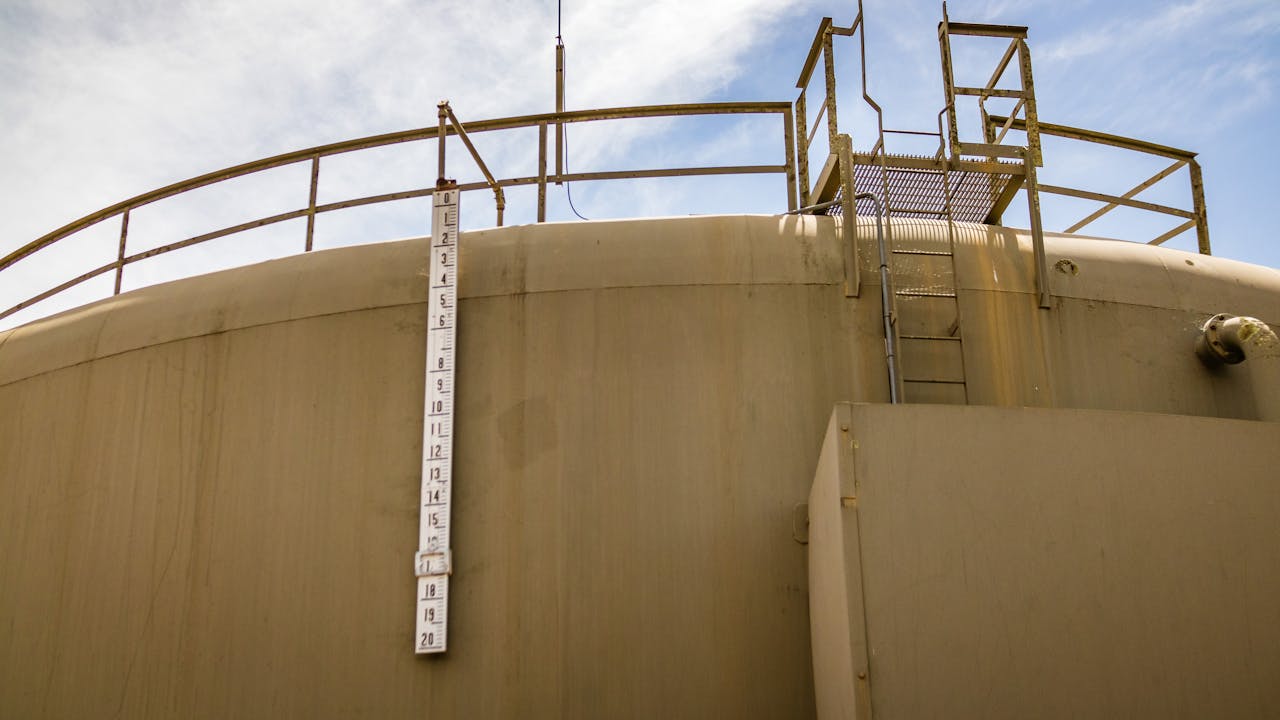In Dubai, Water tank cleaning is an essential maintenance activity to ensure the safety, quality, and hygiene of water stored in residential, commercial, and industrial tanks. Regular cleaning of water tanks serves multiple critical purposes:
Health and Safety:
Preventing Contamination: Over time, water tanks can accumulate sediments, biofilm, rust, algae, and other contaminants. These impurities can lead to the proliferation of harmful bacteria such as Legionella, E. coli, and other pathogens, posing serious health risks.
Safe Drinking Water: water tank cleaning help ensure that the water remains potable, free from contaminants that can cause gastrointestinal and other waterborne diseases.
Maintaining Water Quality:
Preventing Foul Odors and Taste: Organic and inorganic materials in the tank can degrade water quality, leading to unpleasant odors and taste. Regular cleaning helps maintain the clarity, taste, and smell of the water.
Preserving Water Properties: Stagnant water in unclean tanks can undergo chemical changes, leading to pH imbalance, which can affect both the water quality and the plumbing infrastructure.
Protecting Infrastructure:
Preventing Corrosion: Sediments and contaminants can accelerate the corrosion of the tank’s internal surface, leading to leaks and structural damage. Regular cleaning helps extend the lifespan of the tank.
Maintaining Efficiency: Clean tanks ensure efficient water flow and pressure, reducing the strain on pumps and pipes and lowering maintenance costs.
Compliance with Regulations:
Meeting Health Standards: Many local and national health departments mandate regular cleaning and disinfection of water storage tanks to ensure public health and safety.
Inspection and Certification: Regular cleaning is often a requirement for obtaining certifications for water quality management, especially in commercial and industrial settings.
Frequently Asked Questions (FAQs) About Water Tank Cleaning
Q1: How often should a water tank be cleaned?
A: It is generally recommended to clean residential water tanks at least once a year. For commercial and industrial tanks, the frequency may increase to twice a year or more, depending on the water usage and local health regulations.
Q2: What are the signs that a water tank needs cleaning?
A: Signs include foul odors, changes in water taste, visible sediments or discoloration, and a noticeable decrease in water pressure. Additionally, if there are any reports of waterborne illnesses, it may indicate contamination.
Q3: Can I clean the water tank myself?
A: While minor cleaning can be done by individuals, professional cleaning services are recommended for thorough cleaning and disinfection. Professionals use specialized equipment and techniques to ensure comprehensive cleaning and safety.
Q4: What does the water tank cleaning process involve?
A: The process typically includes draining the tank, scrubbing and removing sediments, disinfecting the internal surfaces, and then rinsing and refilling the tank. Some services also include inspection and repair of any damage.
Q5: Is it necessary to use chemicals for cleaning water tanks?
A: Yes, disinfectants such as chlorine or other approved sanitizing agents are often used to kill bacteria and other pathogens. The use of chemicals is followed by thorough rinsing to ensure no residue remains.
Q6: Will cleaning the tank affect my water supply?
A: During the cleaning process, the water supply from the tank will be temporarily unavailable. It is advisable to store an adequate amount of water for essential use before the cleaning begins.
Q7: How can I prevent my water tank from getting dirty quickly?
A: Regularly inspect the tank for any cracks or openings, ensure that the lid is tightly sealed, and use filtration systems to reduce the entry of sediments and contaminants into the tank.
Q8: Are there any health risks associated with not cleaning a water tank?
A: Yes, unclean water tanks can harbor harmful bacteria and pathogens, leading to waterborne diseases. Long-term consumption of contaminated water can result in serious health issues.
Q9: What types of water tanks need cleaning?
A: All types of water tanks, including plastic, concrete, and metal tanks, require regular cleaning to maintain water quality and safety.
Q10: Can water tank cleaning improve the efficiency of my plumbing system?
A: Yes, clean water tanks reduce sediment buildup in pipes and pumps, improving the overall efficiency and lifespan of your plumbing system.
Final words:
Water tank cleaning is essential for maintaining safe and high-quality water. It prevents contamination by removing sediments, biofilm, and harmful bacteria, ensuring water remains potable and free from waterborne diseases. Regular cleaning helps maintain water’s taste, odor, and clarity, protects the tank from corrosion and structural damage, and ensures efficient water flow and pressure. Additionally, it ensures compliance with health regulations and standards, safeguarding public health and extending the lifespan of the water storage system. Proper cleaning also supports the overall efficiency and maintenance of the plumbing infrastructure.
If you have any question for your personalized, safe and pure water need and water tank cleaning for your home and business, please feel free to contact us now!
Drinking pure water and stay healthy!
